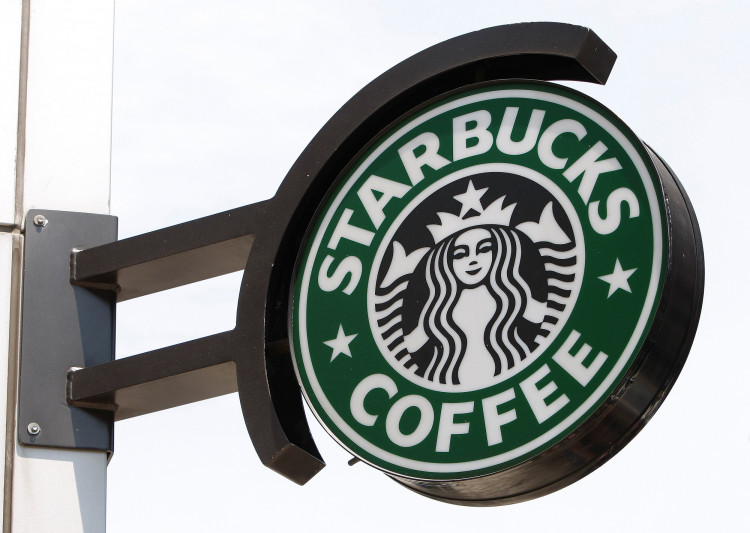The Strategic Organizing Center (SOC), a coalition of labor unions, is intensifying its scrutiny of Starbucks ahead of a pivotal proxy battle at the company's annual meeting in March. The SOC contends that Starbucks' response to the ongoing unionization efforts among its baristas reflects a "flawed human capital management strategy," jeopardizing the company's reputation, shareholder returns, and customer loyalty.
This assertion is supported by a shareholder presentation, slated for filing with the U.S. Securities and Exchange Commission, which accuses Starbucks' board of exacerbating employee disputes through what the SOC deems "one of the most glaring and destructive examples of human capital mismanagement in modern U.S. history."
Starbucks, on the other hand, defends its board composition and its investments in employees, asserting that its board comprises "world-class business leaders" with the requisite expertise to drive the company's success. The company highlights significant investments in wages, training, and equipment, aimed at enhancing the partner experience. Despite the unionization of nearly 400 of its owned cafes since late 2021, Starbucks maintains that it has navigated various challenges, including the union battle, with resilience, underscoring its commitment to a direct relationship with its partners.
The union movement, spearheaded by younger workers, has seen significant actions such as high-profile strikes, drawing attention to the employees' demands for better wages, consistent scheduling, and a dignified workplace. However, Starbucks' management has faced criticism for its handling of the unionization movement, with allegations of illegal firings, threats, and refusal to bargain with workers. Federal labor judges have repeatedly ruled against Starbucks, finding the company in violation of labor laws in numerous cases.
Amid these tensions, the SOC is advocating for the replacement of three Starbucks board members with candidates possessing experience in labor relations and labor law, aiming to bring a fresh perspective to the company's approach to unionization and employee relations. Starbucks, however, contends that its current board members already possess labor experience and that its new directors, added in January, bring valuable diversity and expertise.
The ongoing unionization effort at Starbucks, part of a broader wave of organizing across major U.S. companies, underscores the evolving dynamics of labor relations in the retail and service sectors. As both Starbucks and the SOC prepare for the upcoming proxy battle, the outcome could have significant implications for the future of labor relations at Starbucks and beyond, shaping the company's approach to managing its workforce and addressing the concerns of its employees.





